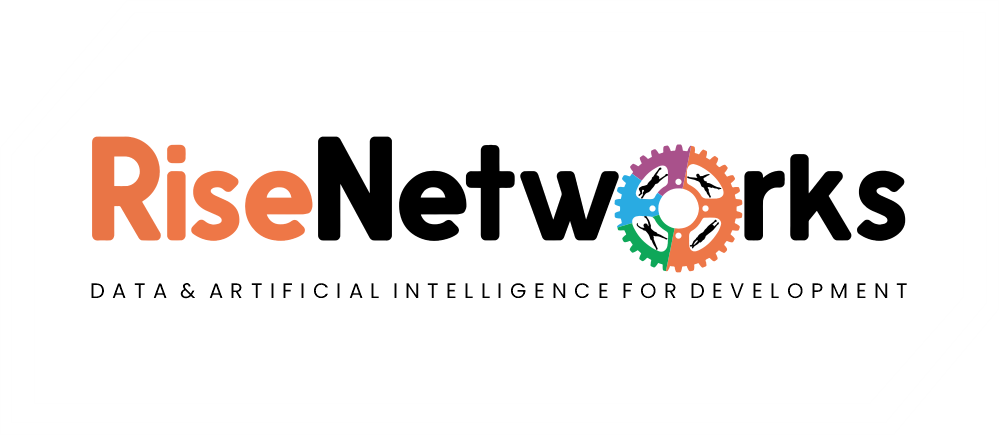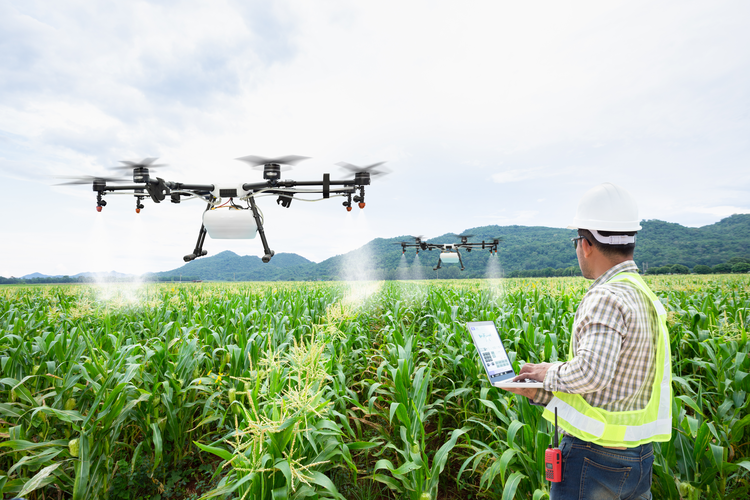
It is an undeniable fact that the human population keeps increasing exponentially. In about a decade ago, the world population was about 6.7 billion compared to about 7.7 billion we have now in 2020, that’s a staggering 1 billion difference. There is an effect this population explosion is having on the available resources and one of the resources most affected is agriculture.
There is more need now than ever to meet the population growth but this can never happen by the traditional means of farming. This has made some farmers and startups to adopt the use of artificial intelligence to boost productivity, efficiency and to solve a variety of problems.
Now let’s look at different ways in which AI is being used to improve agricultural practice
Monitoring Crop and Soil Health
Many data points are produced on the farm ground on a daily basis. These data could be analysed to gain insights on a lot of things like pests and diseases, crop sustainability, temperature etc. AI sensors don’t just detect weed but can also suggest the right application of herbicide to tackle the weed.
Predictive Analysis
AI technology can also be used for predictive analysis such as forecasting weather conditions in advance which will aid the farmers in decision making and this will in turn help the farmer to increase productivity without risking the crops.
Sky Monitoring
Apart from collecting and analyzing data, AI through camera equipped drones can also be used in collecting images and data along a designed path which when processed, could highlight stressed areas in the field which couldn’t be detected by the naked eye. Latest developments have also seen the development of drones in solving irrigation problem which reduces the use of water and increase yields.
Final Thoughts
Few people are showing interest in the farming profession which has led to a shortage in workforce. With AI technologies handling crucial parts in agriculture, it has now been shown that more could be done with less people, and in a generation that is just entering the fourth industrial revolution, one cannot predict how much AI will change not just the face of agriculture but other industries as well.

